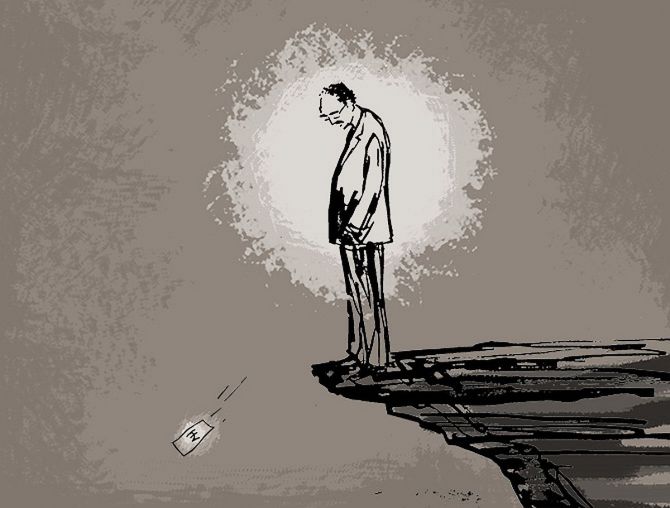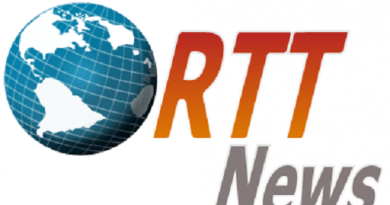Stressed firms must get ready for bankruptcy proceedings
An extension may not be economically desirable as it hampers the restructuring prospects for stressed companies.
With just a few days left for the suspension on fresh corporate insolvency cases to end, government sources have indicated that another extension is unlikely.
An extension may not be economically desirable as it hampers the restructuring prospects for stressed companies, according to senior officials.
Also, it would be a challenge to amend the law in such a short time.
A Bill would have to be passed in both Houses of Parliament, if any change, with respect to suspension of Insolvency and Bankruptcy Code (IBC), is to be made — including extension or creating any exceptions to the rule.
Officials indicated there has been no movement on either front and the government is likely to adopt a wait-and-watch approach for a few months to see if the situation stabilises.
The Budget session of Parliament will continue till April 8.
The government cannot issue an Ordinance since the suspension is lapsing while the Parliament is in session.
An amendment brought to the IBC under Section 10A in light of the pandemic gave permanent protection to companies for default for up to one year starting March 25, 2020.
The suspension, initially brought for a six-month period ending September 2020, was extended twice for three months each.
The last extension ends on March 24, 2021.
The law states, “No application shall ever be filed for initiation of corporate insolvency resolution process (CIRP) of a corporate debtor for the said default occurring during the said period.”
There are, however, concerns in the industry that the number of cases at the National Company Law Tribunal (NCLT) will increase and start piling up once the suspension is lifted.
As of September 2020, there were 1,942 ongoing corporate insolvency resolution proceedings in the NCLT, of which more than 1,400 had been going on for more than 270 days.
Government officials believe that since the threshold of default was increased from Rs 1 lakh to Rs 1 crore as part of the Covid relief package, it would significantly reduce the number of IBC cases, especially those initiated by operational creditors.
More than half the cases under IBC were initiated by operational creditors, with around 45 per cent of them for default of less than Rs 1 crore.
The corporate affairs ministry is empowered to bring down this minimum threshold of default through a notification.
The government is likely to take a wait-and-watch approach for a period of around six months after the suspension is lifted to see the market response to the IBC and assess if the situation is stabilising.
“Micro, small and medium enterprises (MSMEs) are suffering due to the increased threshold since it will become difficult for them to get a loan and the cost of capital will go up.
“Lenders do not have the option of IBC,” an industry expert said.
Several operational creditors are MSMEs and they were able to recover money simply because of the threat of IBC proceedings, an expert pointed out.
“Delaying the treatment will prolong the disease, which will only get worse,” the expert added in the context of further extending the IBC suspension.
The Centre had said it was difficult to find adequate resolution applicants to rescue a corporate person who may default in discharge of debt obligation and that the pandemic had impacted the economy all over the world, creating uncertainty and stress for businesses for reasons beyond their control.
Over 60 per cent of CIRPs that achieved closure in July-September 2020 have ended up in liquidation.
Source: Read Full Article


